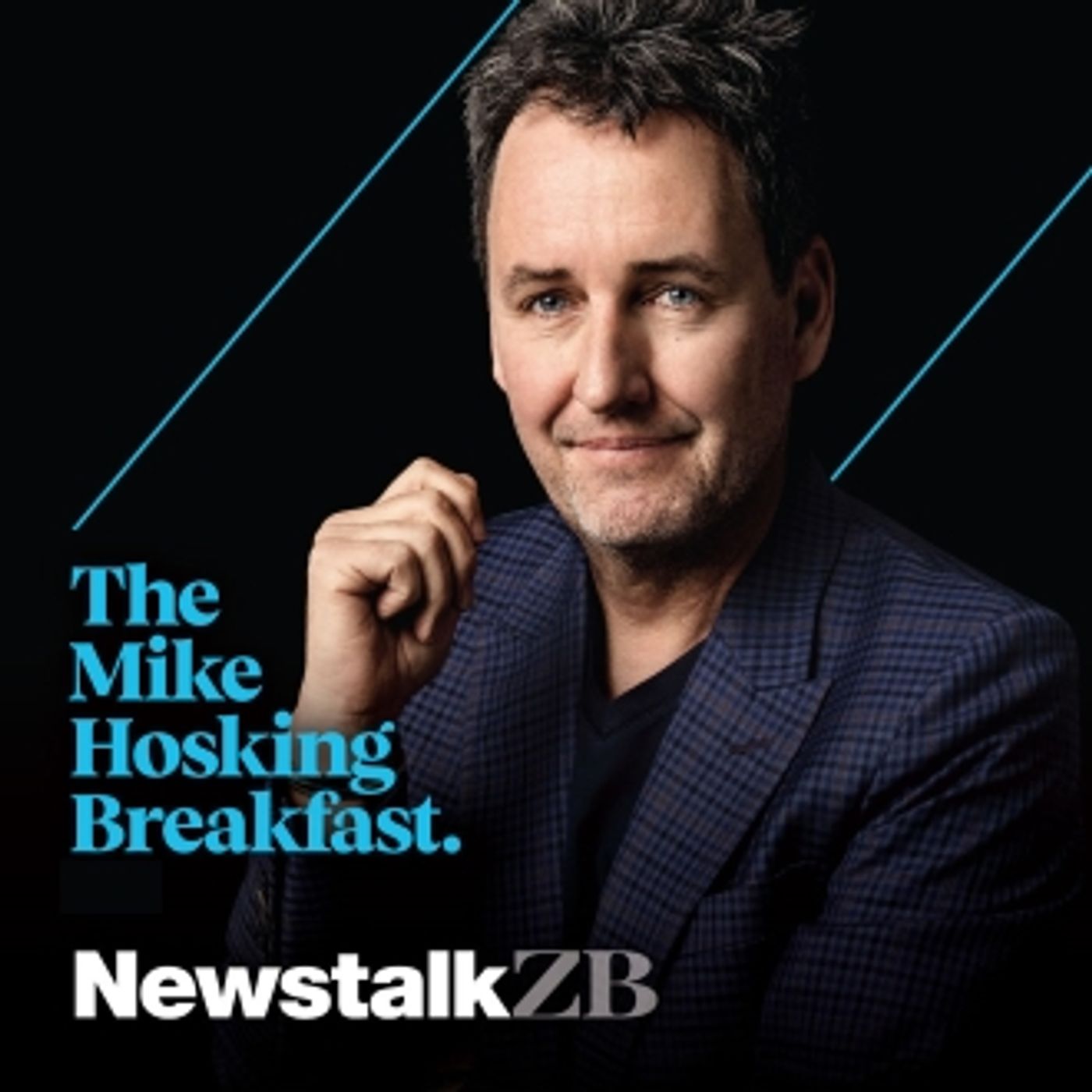- Other
- SEE MORE
- classical
- general
- talk
- News
- Family
- Bürgerfunk
- pop
- Islam
- soul
- jazz
- Comedy
- humor
- wissenschaft
- opera
- baroque
- gesellschaft
- theater
- Local
- alternative
- electro
- rock
- rap
- lifestyle
- Music
- como
- RNE
- ballads
- greek
- Buddhism
- deportes
- christian
- Technology
- piano
- djs
- Dance
- dutch
- flamenco
- social
- hope
- christian rock
- academia
- afrique
- Business
- musique
- ελληνική-μουσική
- religion
- World radio
- Zarzuela
- travel
- World
- NFL
- media
- Art
- public
- Sports
- Gospel
- st.
- baptist
- Leisure
- Kids & Family
- musical
- club
- Culture
- Health & Fitness
- True Crime
- Fiction
- children
- Society & Culture
- TV & Film
- gold
- kunst
- música
- gay
- Natural
- a
- francais
- bach
- economics
- kultur
- evangelical
- tech
- Opinion
- Government
- gaming
- College
- technik
- History
- Jesus
- Health
- movies
- radio
- services
- Church
- podcast
- Education
- international
- Transportation
- kids
- podcasts
- philadelphia
- Noticias
- love
- sport
- Salud
- film
- and
- 4chan
- Disco
- Stories
- fashion
- Arts
- interviews
- hardstyle
- entertainment
- humour
- medieval
- literature
- alma
- Cultura
- video
- TV
- Science
- en
Richard Arnold: Trump's rushed supreme court nomination 'never seen before'

In a carefully scripted appearance in the Rose Garden Saturday, President Donald Trump nominated Amy Coney Barrett to the Supreme Court, calling her one of the "nation's most brilliant and gifted legal minds."
"I looked and I studied and you are very eminently qualified for this job," Trump told his nominee. "You are going to be fantastic," he said, noting — in an overt appeal to the female voters whose support he's lacking -- that Barrett would be the first mother of school-aged children to serve on the Supreme Court and encouraged lawmakers to confirm her quickly.
Making his third Supreme Court nomination, Trump delivered the capstone of the promise he made four years ago to name a long line of conservative judges who will reshape the courts for generations.
"They say the biggest thing you can do (as president) is the appointment of judges, but especially the appointment of Supreme Court justices. That's the single biggest thing a president can do, because it sets the tone of the country for 40 years, 50 years," Trump said at a rally in Newport News, Virginia, on Friday night.
But in the week ahead of his announcement, Trump continued to sow doubt and uncertainty about the election. And Barrett's nomination -- just eight days after the death of Justice Ruth Bader Ginsburg -- injects another polarizing and unpredictable dynamic into the presidential race at a time of great anxiety for Americans.
Barrett, 48, a federal appellate judge and Notre Dame professor who was a law clerk for the late Justice Antonin Scalia in the late 1990s, would further shift the balance of the court to the right, potentially ahead of a consequential case on health care that will be heard a week after Election Day.
Trump this week tried to keep the public's attention away from the coronavirus pandemic as the number of cases ticked past 7 million and Americans grappled with an unshakable sense of economic uncertainty.
He only managed to create more anxiety with his refusal to commit to a peaceful transfer of power, which raised the specter that America will be transformed into a 'banana republic' in November if Democratic nominee Joe Biden wins. The President contradicted his own FBI director by arguing that the election is rife with fraud and rigged against him, even though there is no evidence to support that conspiracy theory.
Trump also continued his war on science by undercutting his own medical advisers on the timeline for a vaccine and by suggesting that officials at the Food and Drug Administration might have political motivations if they take additional time to evaluate the safety of a vaccine. (The FDA declined comment on the President's statement, but FDA Commissioner Dr. Stephen Hahn has said the "FDA will not authorize or approve a vaccine that we would not feel comfortable giving to our families.")
A consequential pick for the high court
While he was stirring more chaos, Ginsburg's death created another welcome distraction for Trump -- a chance to remind conservatives, some of whom may have soured on the President during the pandemic, the redeeming power of a Trump White House: his appointment of an unprecedented number of federal judges in his first term.
At the same time, it is difficult to decipher the effect that the high court pick will have on the presidential race, because the anger about Republicans' rush to confirm a replacement for Ginsburg has also electrified Democrats and led to a flood of donations to progressive groups and candidates.
Many Democrats view Trump's choice of Barrett, whom he appointed to the 7th US Circuit Court of Appeals, as a direct rebuke to the legacy of Ginsburg, a liberal icon and staunch defender of abortion rights.
Based on Barrett's judicial philosophy and her past writings, Democrats have argued this week that if she is named to the court -- solidifying a 6-3 conservative majority -- she will likely have a hand in rolling back abortion rights and striking down the Affordable Care Act.
The S...